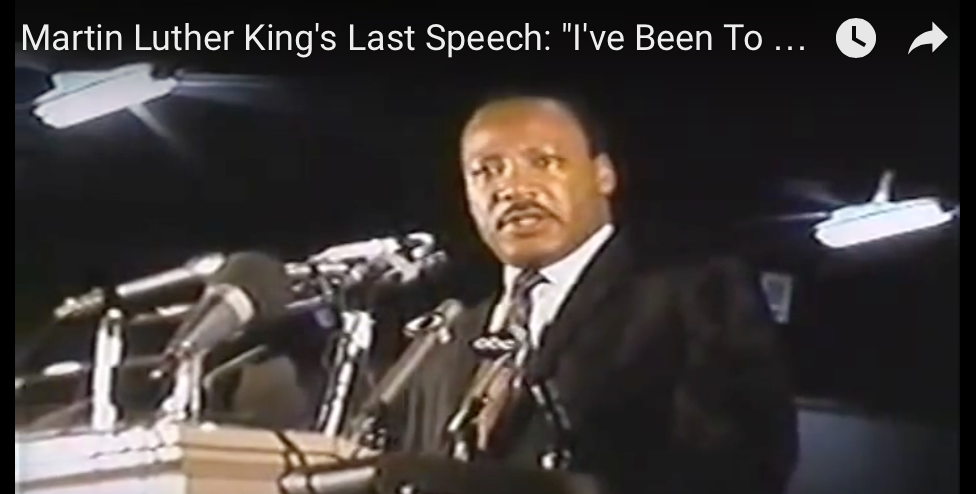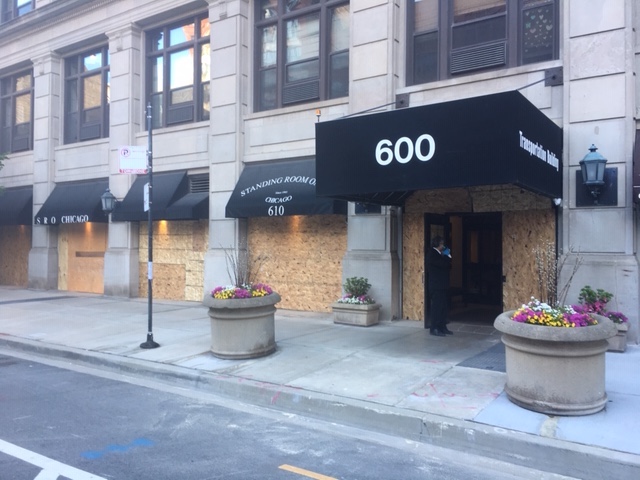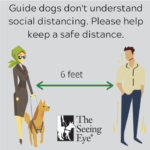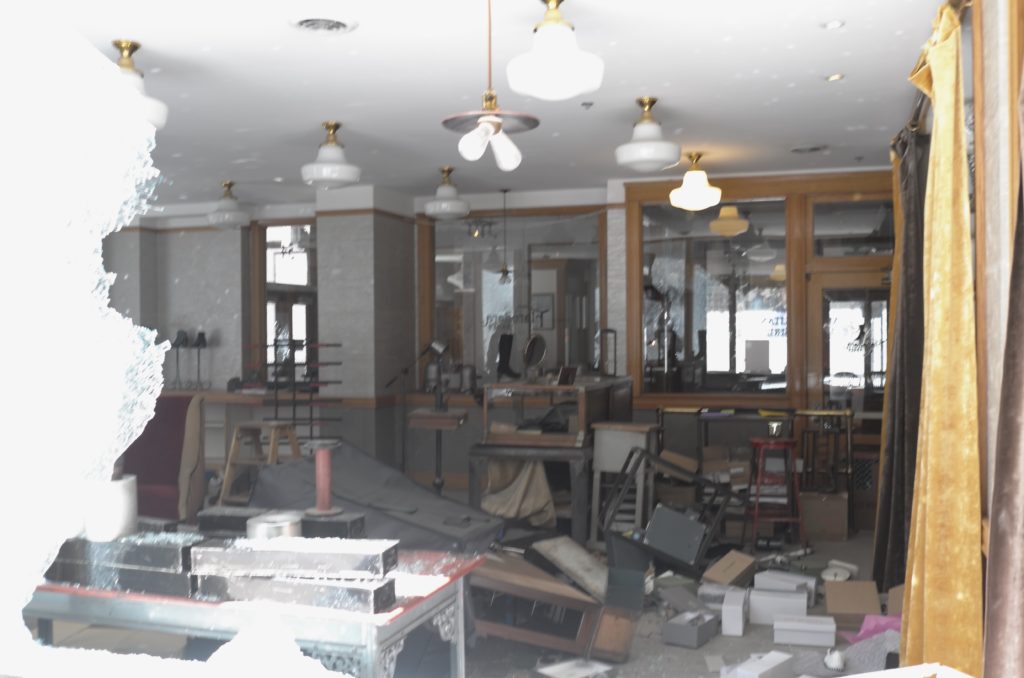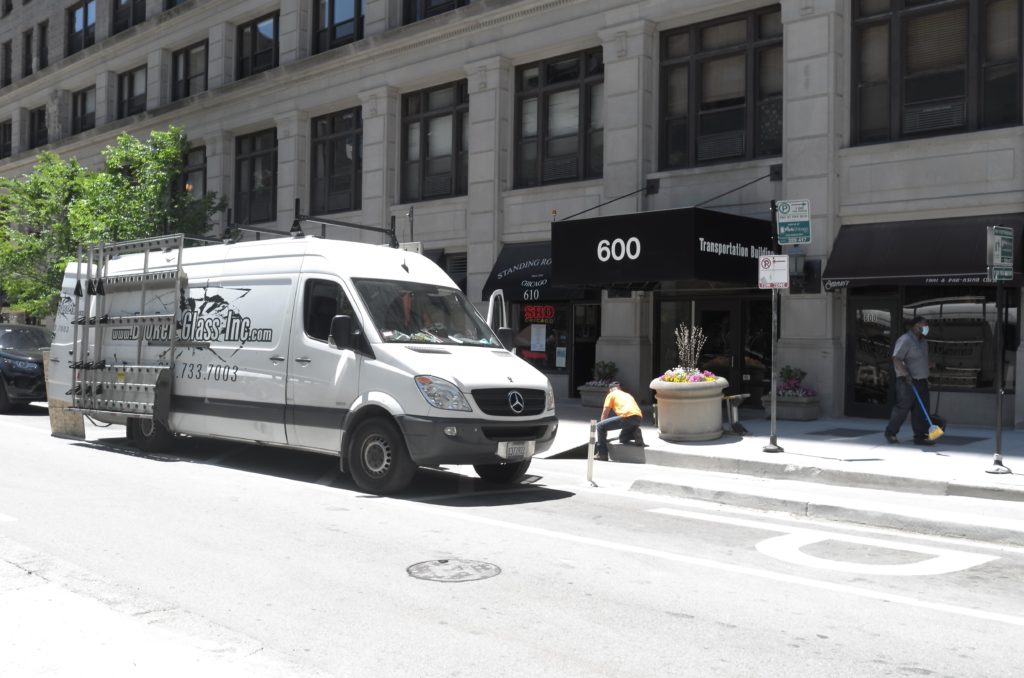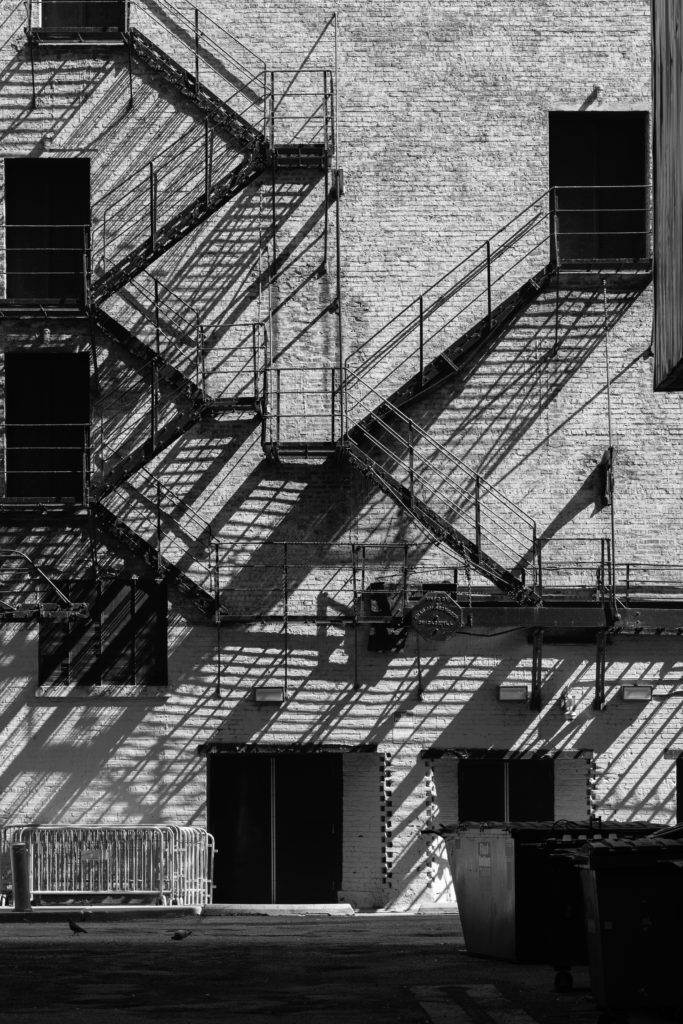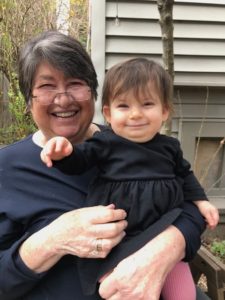Saturdays with Seniors: Bobbie Turner’s West Side Story
June 6, 2020 • 15 Comments • Posted in guest blog, memoir writing, politicsI am pleased to introduce Bobbie Turner as our featured “Saturdays with Seniors” blogger today. A self-taught artist and award-winning educator, Bobbie grew up on Chicago’s West Side, and after graduating with both a BA and an MA from Roosevelt University she taught children in the creative arts in Chicago’s Rockwell-Maplewood area.
Bobbie was just a teenager when Dr. Martin Luther King Jr.was assassinated, and she generously agreed to let us publish a recollection of the looting that erupted in her neighborhood back in 1968.
Compassion in a Box
by Bobbie Turner
People were crying, standing around in disbelief and sorrow as we stood there looking at all the destruction in our close-knit neighborhood. Smoke filled the air. Glass everywhere, fires burning on blocks that once housed shops.
The occasion marked more than the death of a christened leader, but the death of family universal. No trust, betrayal, slaughter, disrespect, visions of slavery, Jim Crow, assassination, starvation, no resources. Ravaged hearts ripped as the bullets all but ripped off the head of a leader, the Drum Major of Peace.
“Mr. Louie” as we called Mr. Leonard, the store owner of the only full market facility in our neighborhood, was stunned by the damage. Color was washed from his face, ghostly white. His eyes filled with something, but I didn’t know what it was. Pale purple rose like a fountain; first his hands, then wrist, and after a few moments, his face and head.
“Oh, Mr. Louie, we are so sorry… We tried to stop them…They weren’t from around here… We begged them to stop…Then somebody threw something through the window, and that was it.”
Mr. Louie, a short slightly stocky Jewish man, was one of the kindest persons in our neighborhood. His small grocery store was an oasis, a jewel, our beacon of hope. In short, he fed the people in the area. There was no A & P….no National Foods in our area, just Louie’s, and boy, were we thankful.
I often wondered how Mr. Louie stayed in business; he extended credit to just about everyone. When I made grocery runs for some of my neighbors, they would tell me to tell Mr. Louie to put “it on credit” or give me a balled-up note with a message to pass to him. He would look at the note and start filling the order. Usually, it was a request for sandwich meat and bread.
I marveled as I watched Mr. Louie take out a tin box. This is where he kept his files, credit files on note cards. He would write down the amount that was owed on that person’s card. It was understood that payment would have to be made before the debt was over-extended. Sometimes Mr. Louie would tell them what was owed. The way he told them was with kindness, understanding, and respect. Everybody owed him. Many loved him.
Mr. Louie helped save lives with a tin box full of compassion. On this dreadful night, our neighborhood died along with Mr. Louie’s grocery store. Louie decided not to return.
Life has never been the same.
